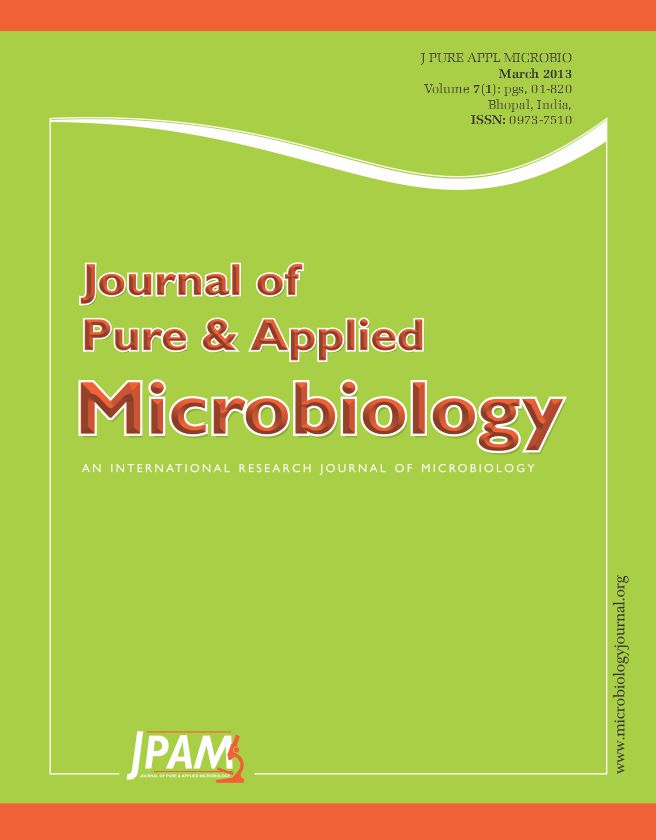Ethylene is well thought-out stress hormone because its synthesis is induced by a variety of stresses. Nodulation and subsequent nitrogen fixation by lentil plants are inhibited by accelerated ethylene concentration in the root zone. Some plant-growth-promoting rhizobacteria (PGPR) promote plant growth by lowering the endogenous ethylene synthesis in the roots through their 1-aminocylopropane-1-carboxylate (ACC)-deaminase activity. A total of 9 rhizobacterial isolates obtained from lentil rhizospheric soils were characterized and found belonging to genera Bacillus (6), Pseudomonas (3), which were able to utilize ACC as the sole N-source, their ACC-metabolizing rate measured as optical density (OD496) and (OD600) ranged from 0.54-1.39 and 0.165-1.120 respectively. The isolates also showed compatibility with Rhizobium leguminosarum under axenic conditions and also promoted root/shoot growth in lentil seedlings. Our results reveal that inoculation with PGPR containing ACC-deaminase and Rhizobium could be utilized as expeditious biofertilizers to increase the growth as well as nodulation in legume plants.
ACC-deaminase, lentil, PGPR, Rhizobium, legumes, symbiosis, biofertilizer
© The Author(s) 2014. Open Access. This article is distributed under the terms of the Creative Commons Attribution 4.0 International License which permits unrestricted use, sharing, distribution, and reproduction in any medium, provided you give appropriate credit to the original author(s) and the source, provide a link to the Creative Commons license, and indicate if changes were made.


